Blackberry
Blackberry is packed with vitamin C and antioxidants, especially anthocyanins. Main benefits to overall health include keeping heart in check and preventing heart disease, boosting immunity and fighting inflammation. It is a very good source of fiber and helps with digestion. Due to vitamin K and manganese content, it is good for bone health and development and osteoporosis prevention. Blackberry extract can help maintain good oral health and fights bacteria in our mouth and gums. This berry is great for diabetes and obesity management, benefiting insulin resistance and triglyceride levels. It also has very low glycemic index and glycemic load, lower than most other commonly consumed berries.
